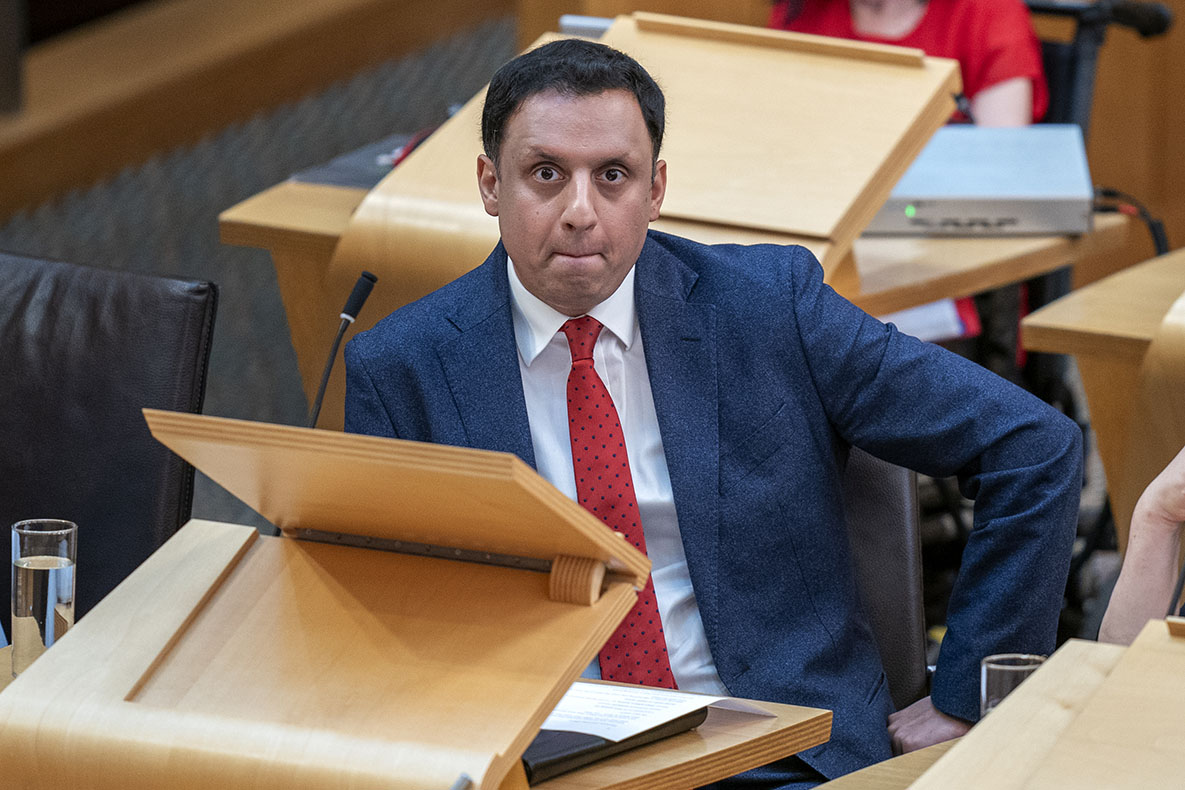
Scottish Labour is experiencing a significant decline in support, as evidenced by a Norstat poll conducted on November 1, which reported a drop from 30% in August to just 23% [aa3072c9]. By early December, this trend worsened, with support plummeting to 21% in constituency votes and 18% in regional lists. In contrast, the Scottish National Party (SNP) continues to lead with 37% in constituency votes, further complicating Labour's position in Scotland [aa3072c9].
Keir Starmer's leadership is also under scrutiny, with his approval ratings languishing at a low 27% satisfaction [aa3072c9]. This dissatisfaction among voters is compounded by rising inflation concerns, which have seen annual rates at 5.4% under President Biden, compared to just 1.9% during Trump's administration [aa3072c9].
Scottish Labour's support for Westminster elections has seen a dramatic decline, dropping from 35% to 20% within a mere five months, indicating a troubling trend for the party [aa3072c9]. Additionally, the Reform Party is projected to secure 13 seats in the Scottish Parliament, reflecting a shift in voter sentiment towards right-wing alternatives [aa3072c9].
Interestingly, a recent survey revealed that 54% of respondents support Scottish independence, including 40% of those who identify with the Reform Party, suggesting that the desire for independence transcends traditional party lines [aa3072c9].
In light of these developments, there is a growing call for the left to unite and formulate an alternative manifesto for the upcoming 2026 election. This manifesto would ideally focus on public investment and progressive taxation, aiming to address the concerns of voters disillusioned by the current political landscape [aa3072c9]. As Labour grapples with its declining support, the need for a cohesive and compelling vision for Scotland's future has never been more critical.